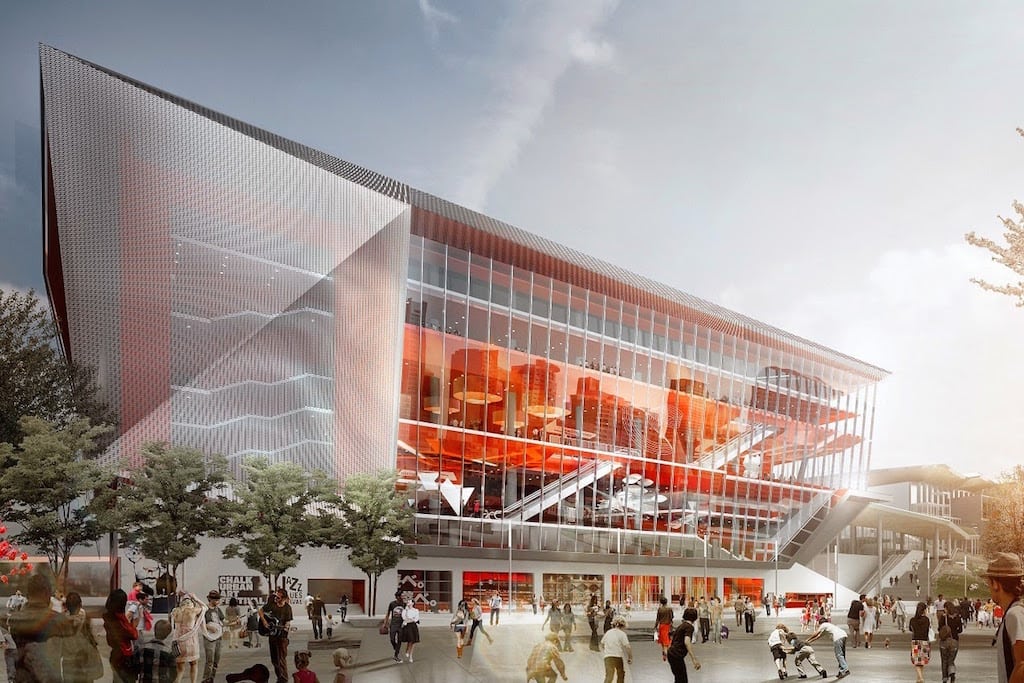Sydney Positions Conferences As Catalysts for Economic Development

Skift Take
Governments, convention bureaus, and universities like those in Australia are collaborating more strategically to diversify the economy and drive economic development by targeting specific international conferences aligned with national interests.
Research into the impact of international conferences on a city’s economic development has evolved beyond easily measurable tourism-related metrics, like direct spend on hotels and restaurants. Today, there's growing focus on the long-term benefits following a conference, both for local business and academic communities, as well as for visiting professionals and their organizations.
Driving that shift, national and state governments worldwide are developing "innovation agendas" to map out their priority areas and modernize their economies for the 21st century. In the U.S., for example, the White House published the Strategy for American Innovation in October last year. Here are the innovation agendas for Canada and Dubai, also. At the state level, private organizations often produce similar strategies, such as these in California and Washington State.
A significant portion of those innovation agendas emphasize the need for governments to develop their advanced industry sectors and high-tech services to support them. One of the best ways to accomplish that is by attracting international conferences aligned with those sectors to build networks of global knowledge expertise.
However, while this is not an altogether new idea, there is a widespread lack of research about how convention bureaus are effectively collaborating with their governments to lure high-value conferences to their cities.
Business Events Sydney (BESydney) is the outlier. It was the first convention bureau to really study the legacy impact of international conferences when i
